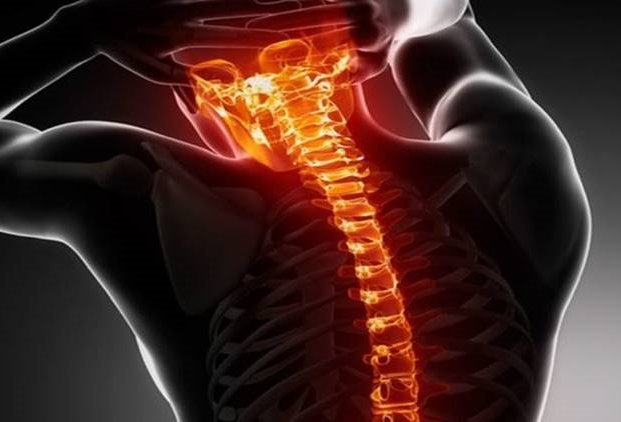The importance of pre-Hospital Care for trauma patients cannot be over emphasized.
Research by the World Health Organization reported that 5.8 million deaths annually can be attributed to injuries, 90% of these occur in developing countries like Nigeria. Also, it is expected that the mortality rate will increase in the coming years as these countries continue to develop, urbanize and industrialize. A critical part of the research posits that an alarming proportion of these deaths usually occur even before the patient gets to the hospital. This point out a serious gap in the level of pre-hospital care available to victims of trauma in Africa compared to their developed world counterparts. To save more lives in Africa, serious attention needs to be paid to pre-hospital care especially in trauma situations.
Focus on spinal injury
The focus of this paper is spinal trauma. Spinal trauma is a significant problem around the world. But particularly in Africa for a whole number of reasons from often non-existent pre-hospital care, to poor in-hospital care, to lack of facilities for physiotherapy and rehabilitation.
A large proportion of Trauma and Spinal injury cases result from road traffic crashes which remain a major challenge worldwide. Records show that every year, over 300,000 people are killed while about ten million people are injured. In Nigeria for example, a total of 322,427 known deaths and 1,016,299 injuries were recorded between 1960 and 2012. A significant and obvious fact is that a lot of these deaths and spinal injuries could have been avoided and/or mitigated if a proper pre hospital care system was in place.
Spinal injury is considered a catastrophic disease because of the high morbidity, mortality and economic impact linked with these paralyzing injuries. It is a very devastating experience for the victim, the family, friends and even the economy. Pre hospital care makes it possible to manage these situations better and helps to increase the chances of survival and recovery of the victim. Proper pre hospital care in trauma cases also helps to minimize the chances of aspiration and shock as these are capable of making the victim’s situation deteriorate due to the close association between spinal cord injuries and respiratory system compromise.
Deploying a well-managed pre hospital care in trauma cases such as spinal injury helps to ensure that all priority measures are employed in the process of transporting the victim to a suitable facility for further diagnosis and treatment. An important part of the pre-hospital phase is the opportunity for sophisticated communications system which allows for a professional consultation between the accident scene rescue team and the physician at the nearest trauma centre and/or spinal cord injury centre. This communication system between these critical teams makes it possible for the receiving hospital and/or physicians prepare well in advance through the mobilization of appropriate ER equipment and staff, as well as radiological, surgical and intensive care facilities required for optimal diagnostic and therapeutic regimen.
Spinal injury day has given us an opportunity to focus on one of the most devastating types of traumatic injury. With a focus on the pre-hospital care of these patients and the development of centralized, specialist centres were these patients can be treated, we can change lives across the continent of Africa.


